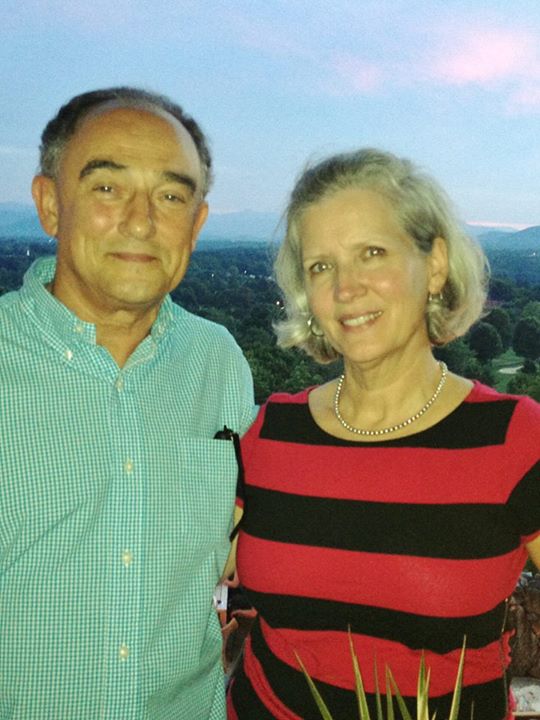The Great Revealing
If you are a religious or history geek, you have probably heard of “The Great Awakening[s].” The first Great Awakening occured in the early 1700’s when the gospel spread through the early colonies and the expanding open plains. A second “awakening” of religious fervor swept the land in the late 1800’s. Methodism fueled both.
In the very recent past, our society has experienced another as-yet-unnamed societal shift that I will dub as “The Great Revealing.” Instead of a mass awakening to God, it was a mass awakening to our human condition. It occurred with the emerging of social media that changed the way we relate to one another.
When social media exploded
[“exploded” is the right word], my responsibilities in the parish
changed overnight. New social media tools that allowed the simultaneously viewing of an entire community’s real-time, unprocessed thoughts caused massive problems. A few negative posts by a few people created a catalytic chain reaction of polarizing responses that continued across the day until the offended parties ended up in my office for resolution and counseling.
Suddenly, most of the hours of every day were needed in conflict management for those who felt extremely damaged over what often began as the most petty and insignificant of issues. Envy, jealousy, and frustrations bubbled over from previously concealed prejudices. The world where I served
clearly could not handle the sudden change in this new way so many people were broadcasting their raw feelings and perspectives.
In order to cope, I came up with the most thinly veiled means of self-protection to keep my own heart from being bruised: I started posting on Facebook, posting an excerpt of my morning devotion for the congregation to read. My hope was
that some might see
that post and be more careful about their first post across the day. If so, we might all regain time to work together to address significant issues in the community and bring about positive changes for Christ. That is to, “be in the world, but not part of” the worldly behavior .
The Divine Perspective
If you think about it, that moment social media exploded was our first chance glimpse what God has always seen: the simultaneous revealing of a world of raw thoughts and prejudices multiplying through families and communities in ways that harm and hurt every day. The “Great Revealing” exposed the condition of our hearts.
Perhaps that gives us some idea of how important it is to God to find one soul in any community whose heart is devoted to God for just a day. The “ripple effect” for good is enormous. Have it happen in more than one person, for more than a day and that is very Good News! -Sonny




